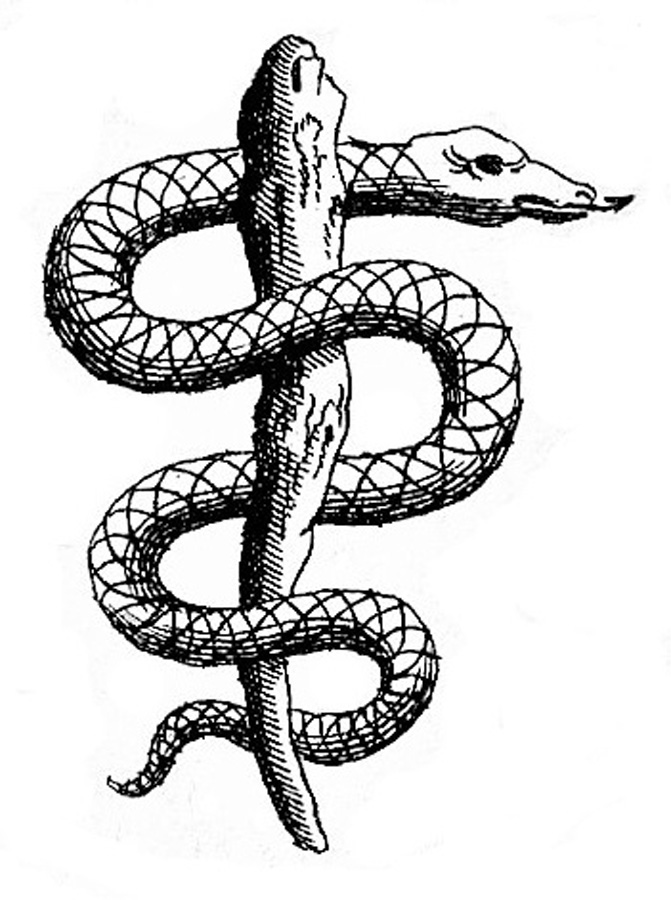signed first edition
1926, 1936 · Chicago
by Slye, Maud
1926 OFFPRINT INSCRIBED BY AUTHOR PIONEERING CANCER BIOLOGIST WHO DEMONSTRATED GENETIC HERITABILITY OF CANCER, NOMINATED FOR NOBEL, together with HER 1936 BOOK OF POETRY. 1) The inheritance behavior of cancer as a simple Mendelilan recessive, 10 1/2 inches tall offprint, printed blue paper bound covers, inscribed on cover, "Compliments of the author", J Cancer Research, Vol X, April 1925, pages 15-49, unopened, 14 charts (pedigrees). very good in mylar protector; TOGETHER WITH 2) In the Wind, 8 inches tall hardcover, blue cloth binding with decorative gilt cover and spine, previoius owner signature to front paste-down, frontispiece portrait of the author, [6], i-ix, [2], 397 pp, illustrated with full page cuts by Maud Henrichs; in jacket with chipped edges in mylar sleeve; very good in good+ jacket.
MAUD SLYE (1879 - 1954) was an American pathologist who "'invented' genetically uniform mice as a research tool." Her work focused on the heritability of cancer in mice. She was also an advocate for the comprehensive archiving of human medical records, believing that proper mate selection would help eradicate cancer. She was nominated for the Nobel prize as a result of her work as one of the first scientists to suggest that cancer can be an inherited disease, and for the development of new procedures for the care and breeding of lab mice. Slye raised—and kept pedigrees for—150,000 mice during her career. Reluctant to leave her mice to the care of her assistants, she once went twenty-six years without a vacation. Although poetry may appear to be at odds with her detailed statistical analysis of mouse heredity and cancer, good science and poetry require keen observation, analysis, interpretation, and persuasive presentation for success. Her two books of poetry, Songs and Solaces (1934) and In the Wind (1936, offered here) are substantial works that were received well by critics.
GARRISON-MORTON No. 2652 Cancer and heredity. Ann. intern. Med. 1, 951-76, 1928. By selective breeding over a period of 15 years, Slye produced generations of mice absolutely resistant to, or particularly susceptible to, cancer. She demonstrated that resistance is a Mendelian dominant and susceptibility a recessive, either of which can be bred into or out of susceptible or resistant generations, according to the laws of genetics. (Inventory #: 1005)
MAUD SLYE (1879 - 1954) was an American pathologist who "'invented' genetically uniform mice as a research tool." Her work focused on the heritability of cancer in mice. She was also an advocate for the comprehensive archiving of human medical records, believing that proper mate selection would help eradicate cancer. She was nominated for the Nobel prize as a result of her work as one of the first scientists to suggest that cancer can be an inherited disease, and for the development of new procedures for the care and breeding of lab mice. Slye raised—and kept pedigrees for—150,000 mice during her career. Reluctant to leave her mice to the care of her assistants, she once went twenty-six years without a vacation. Although poetry may appear to be at odds with her detailed statistical analysis of mouse heredity and cancer, good science and poetry require keen observation, analysis, interpretation, and persuasive presentation for success. Her two books of poetry, Songs and Solaces (1934) and In the Wind (1936, offered here) are substantial works that were received well by critics.
GARRISON-MORTON No. 2652 Cancer and heredity. Ann. intern. Med. 1, 951-76, 1928. By selective breeding over a period of 15 years, Slye produced generations of mice absolutely resistant to, or particularly susceptible to, cancer. She demonstrated that resistance is a Mendelian dominant and susceptibility a recessive, either of which can be bred into or out of susceptible or resistant generations, according to the laws of genetics. (Inventory #: 1005)







![CONGENITAL MALFORMATIONS. Anatomie Comparee: Principes d'Embryogenie, de Zoogenie et de Teratogenie [Comparative Anatomy: Principles of Embryogenesis, Zoogenesis and Teratogenesis]](https://d3525k1ryd2155.cloudfront.net/h/474/230/1651230474.0.m.jpg)